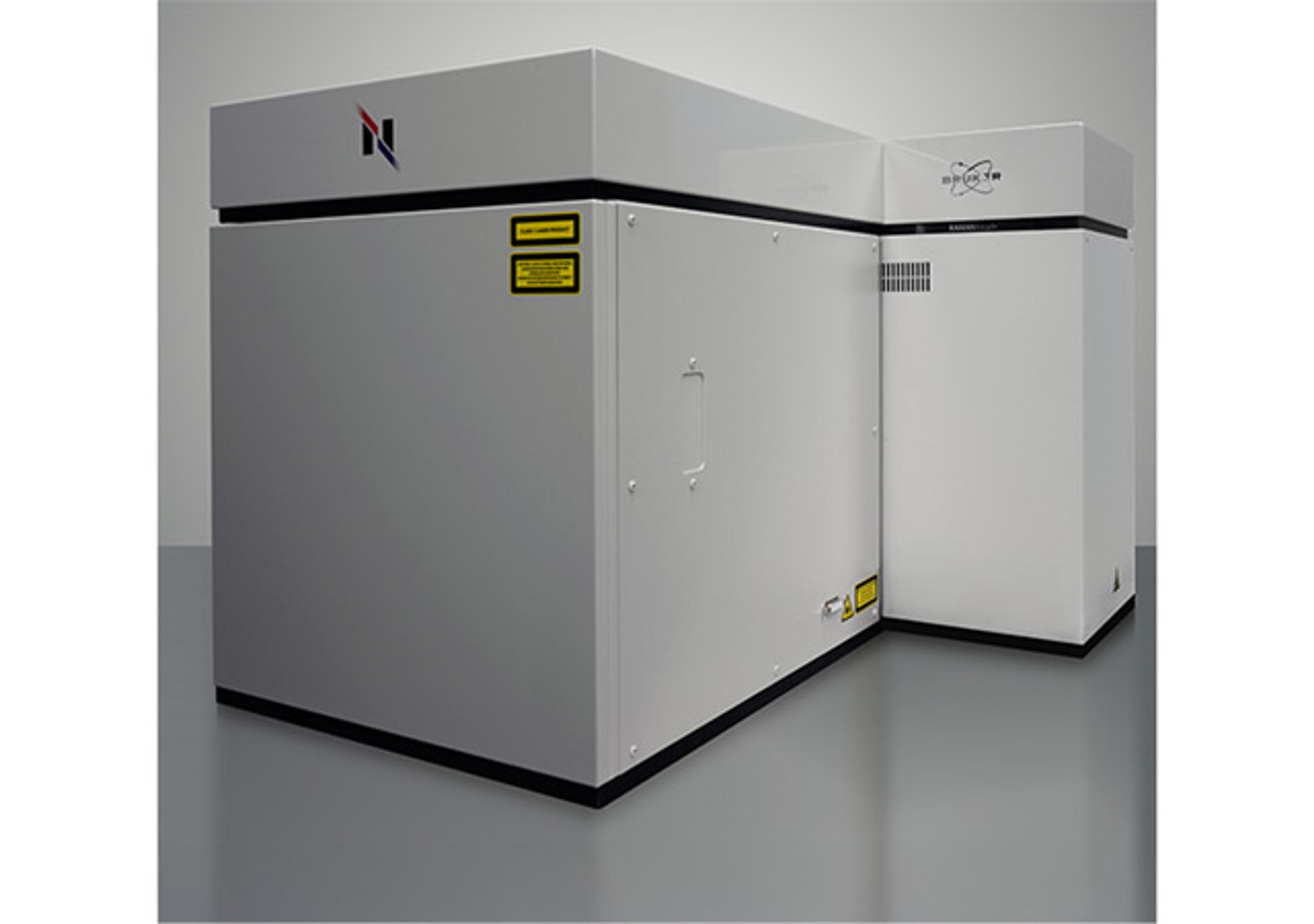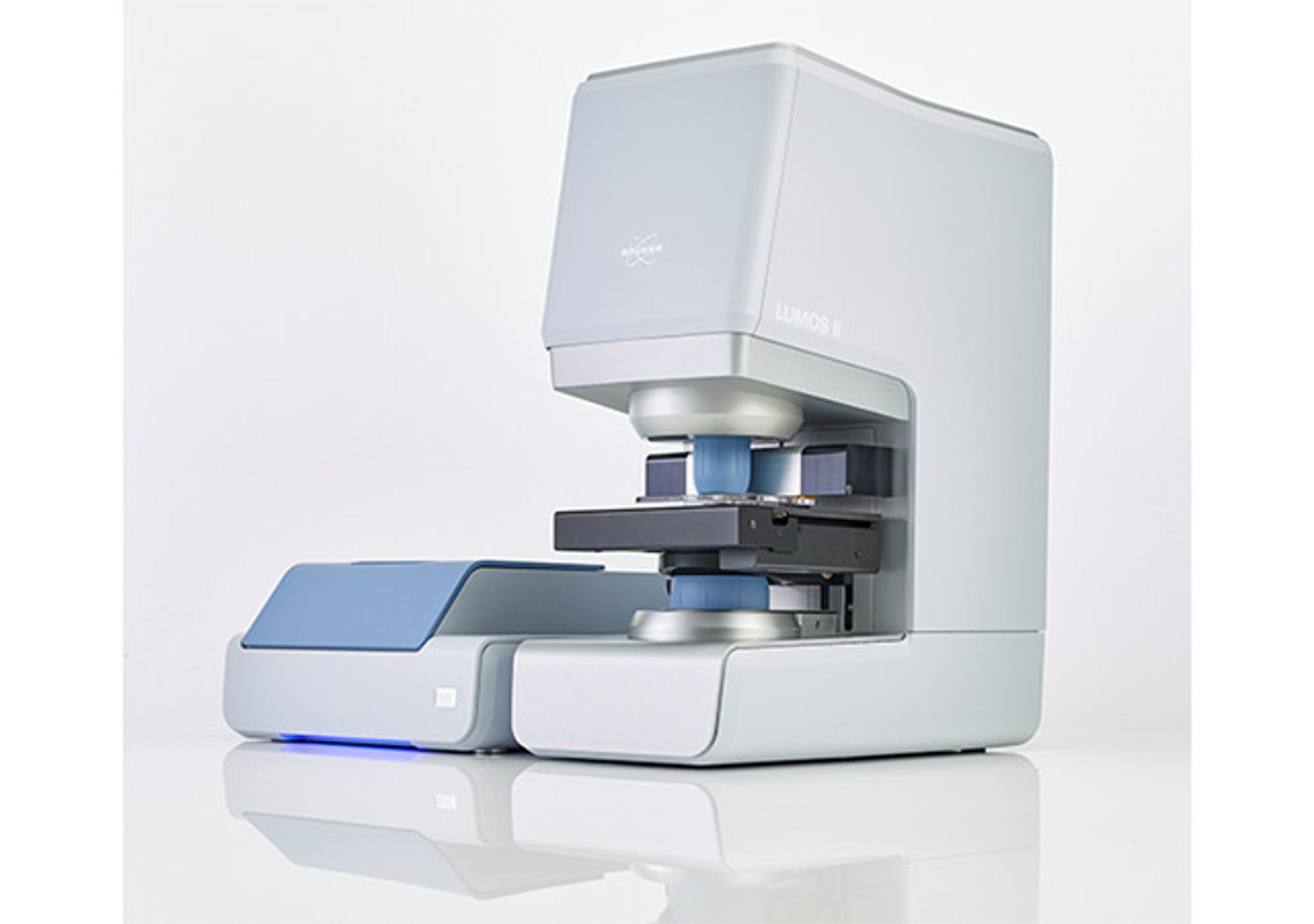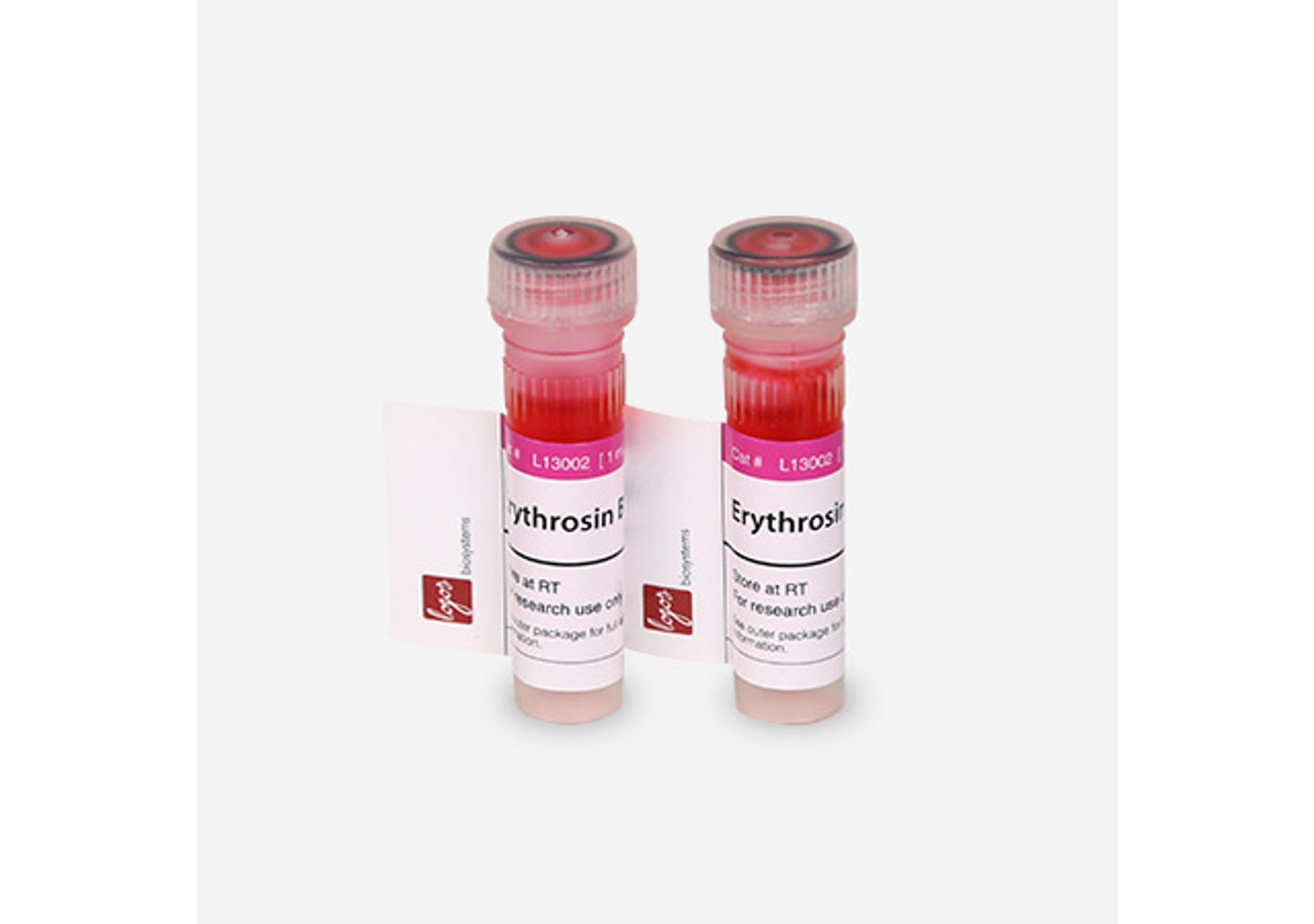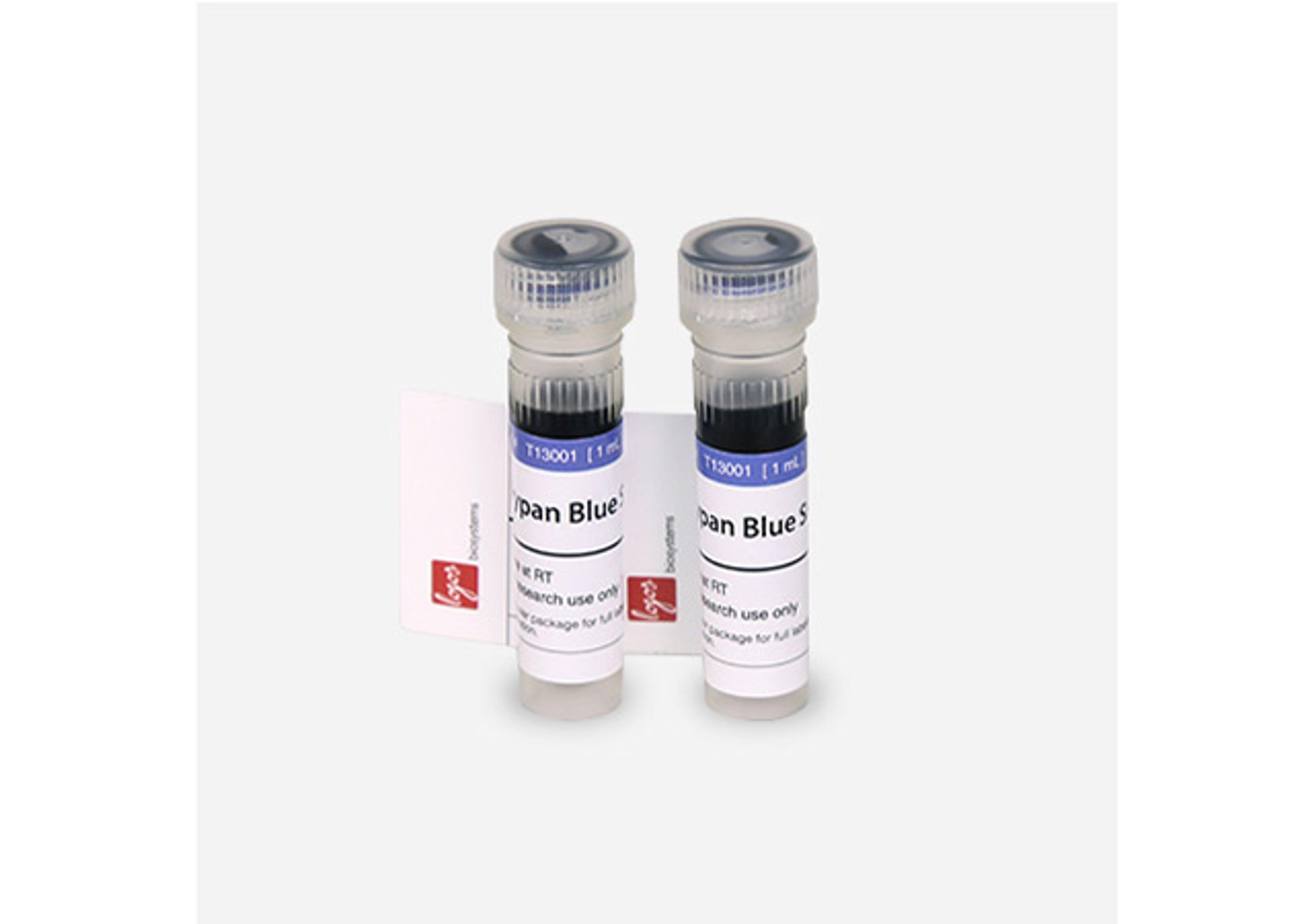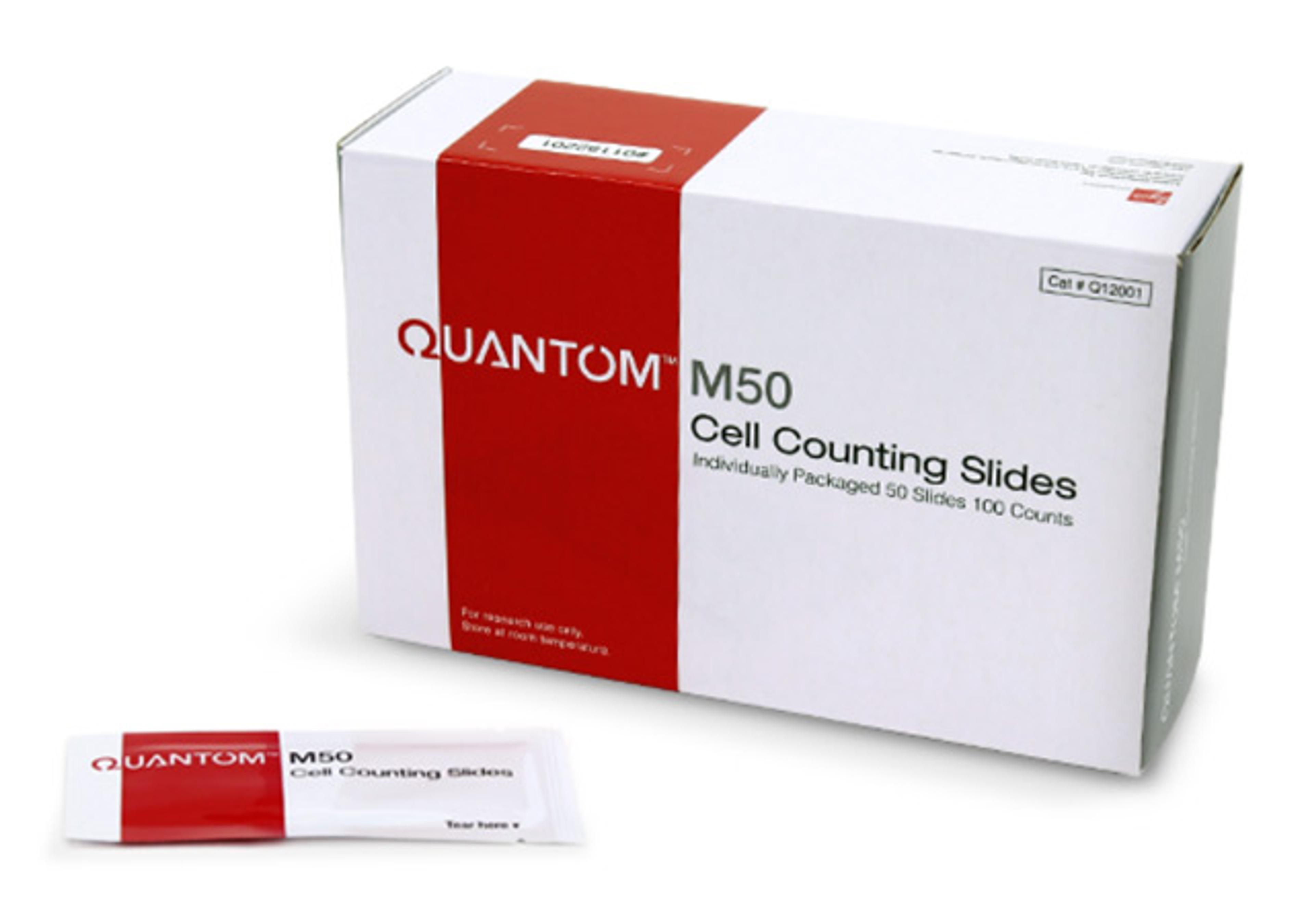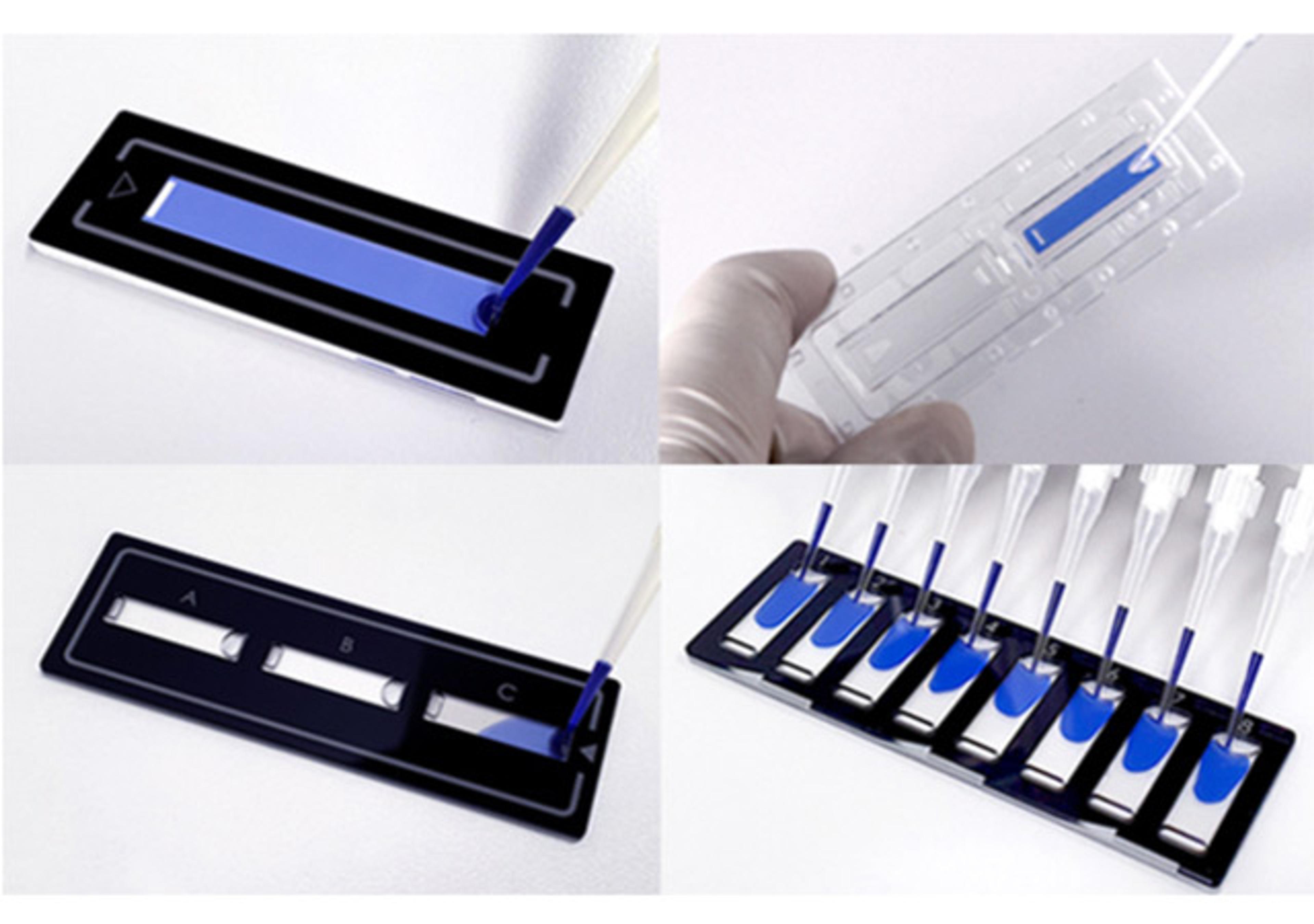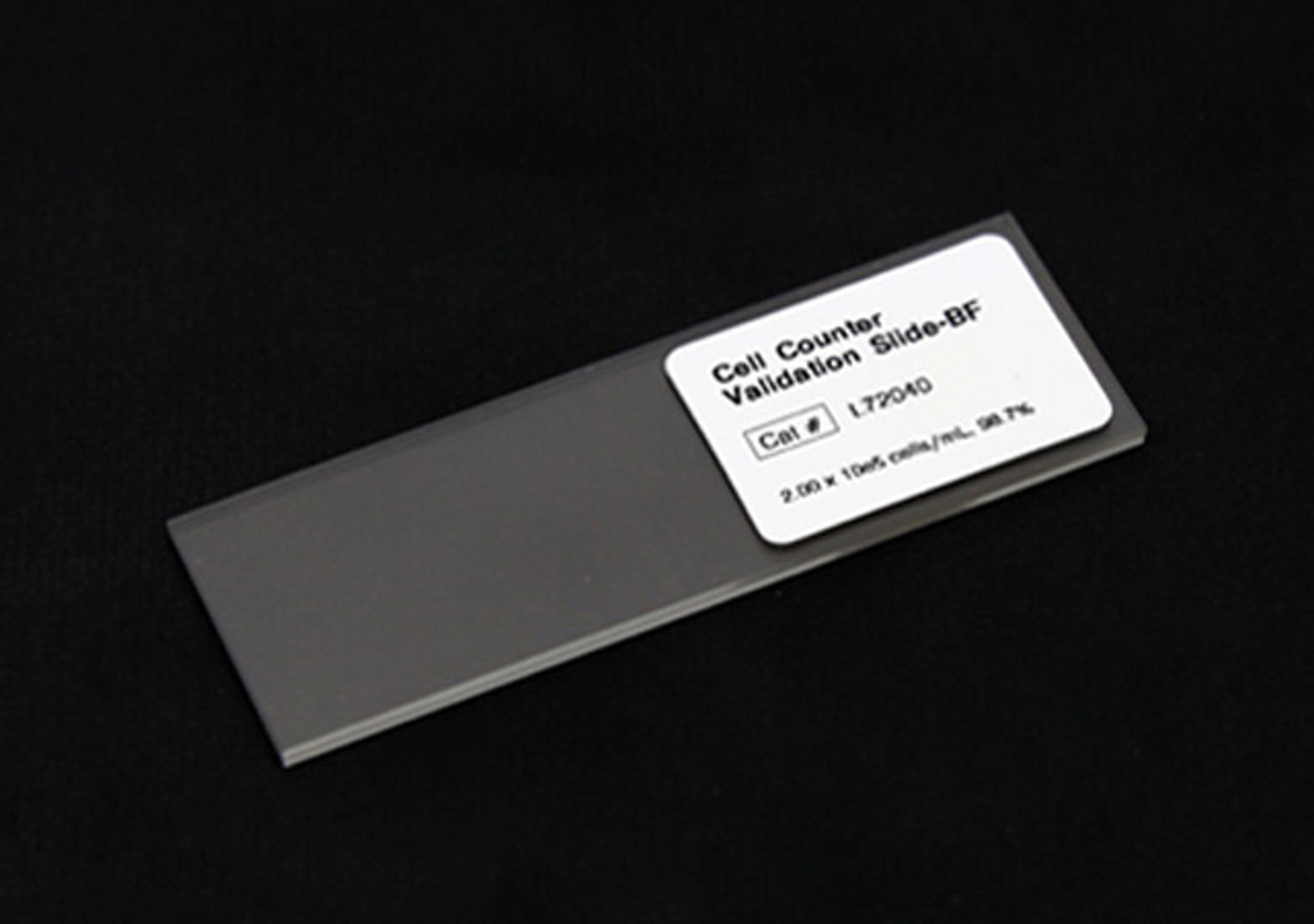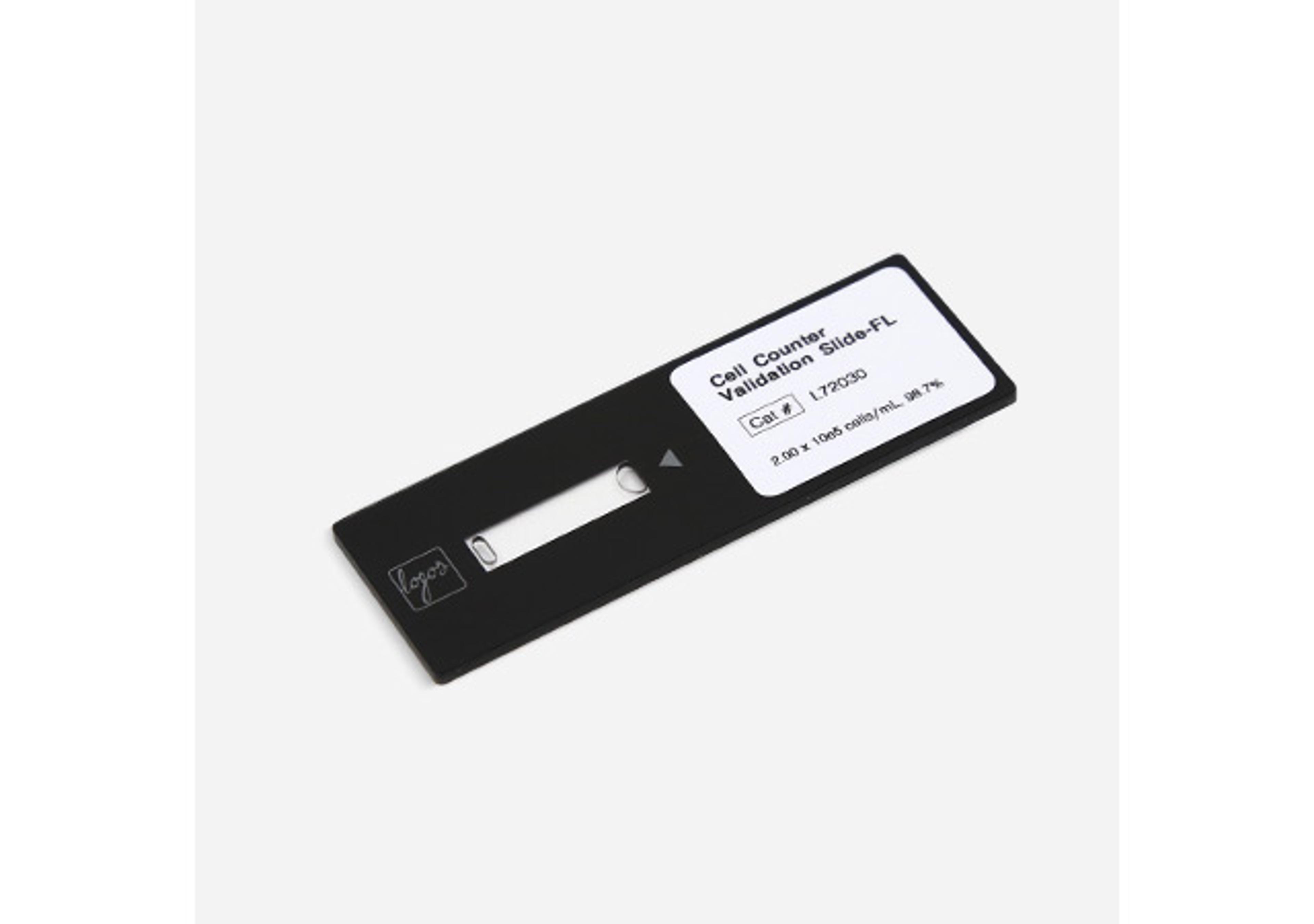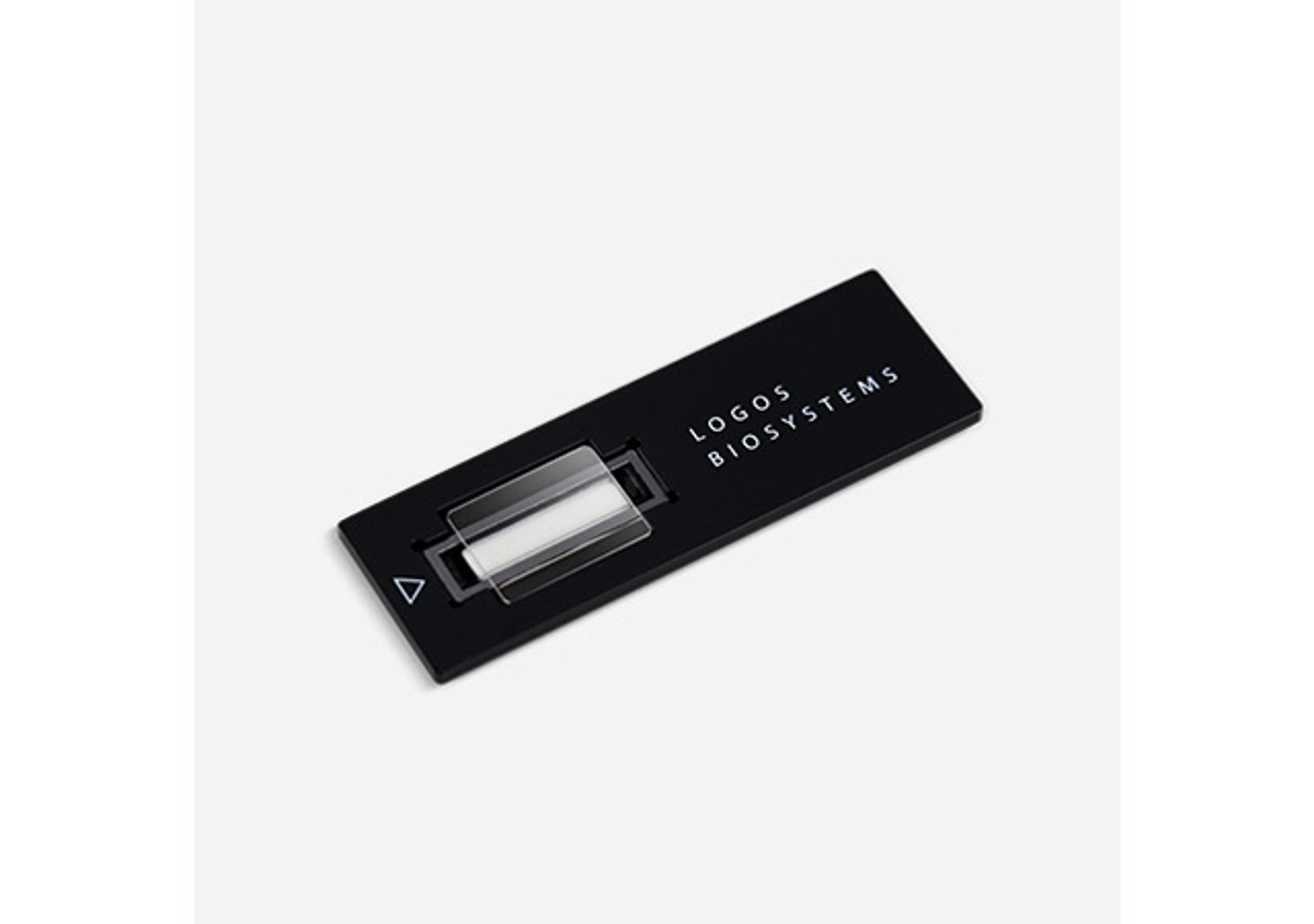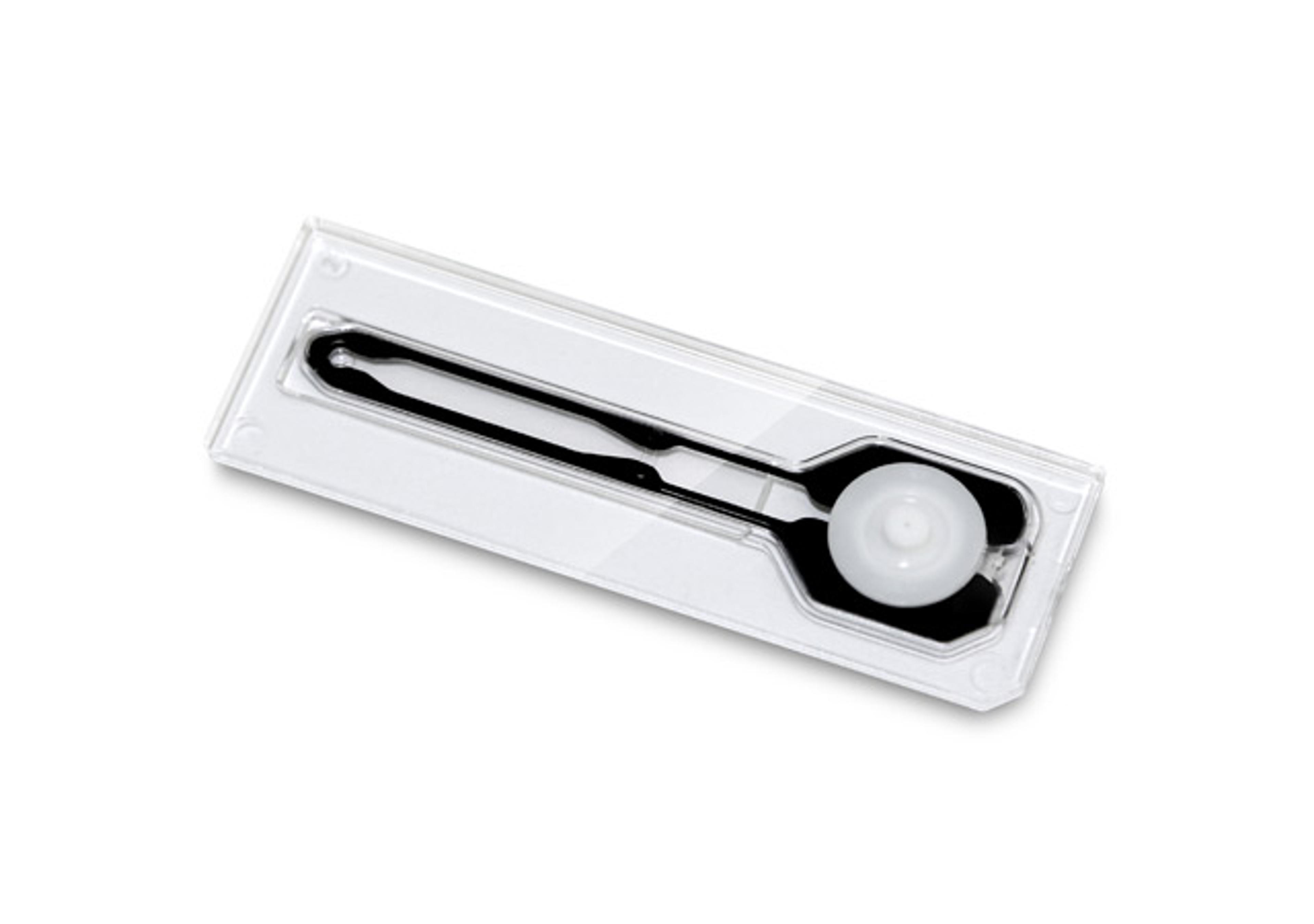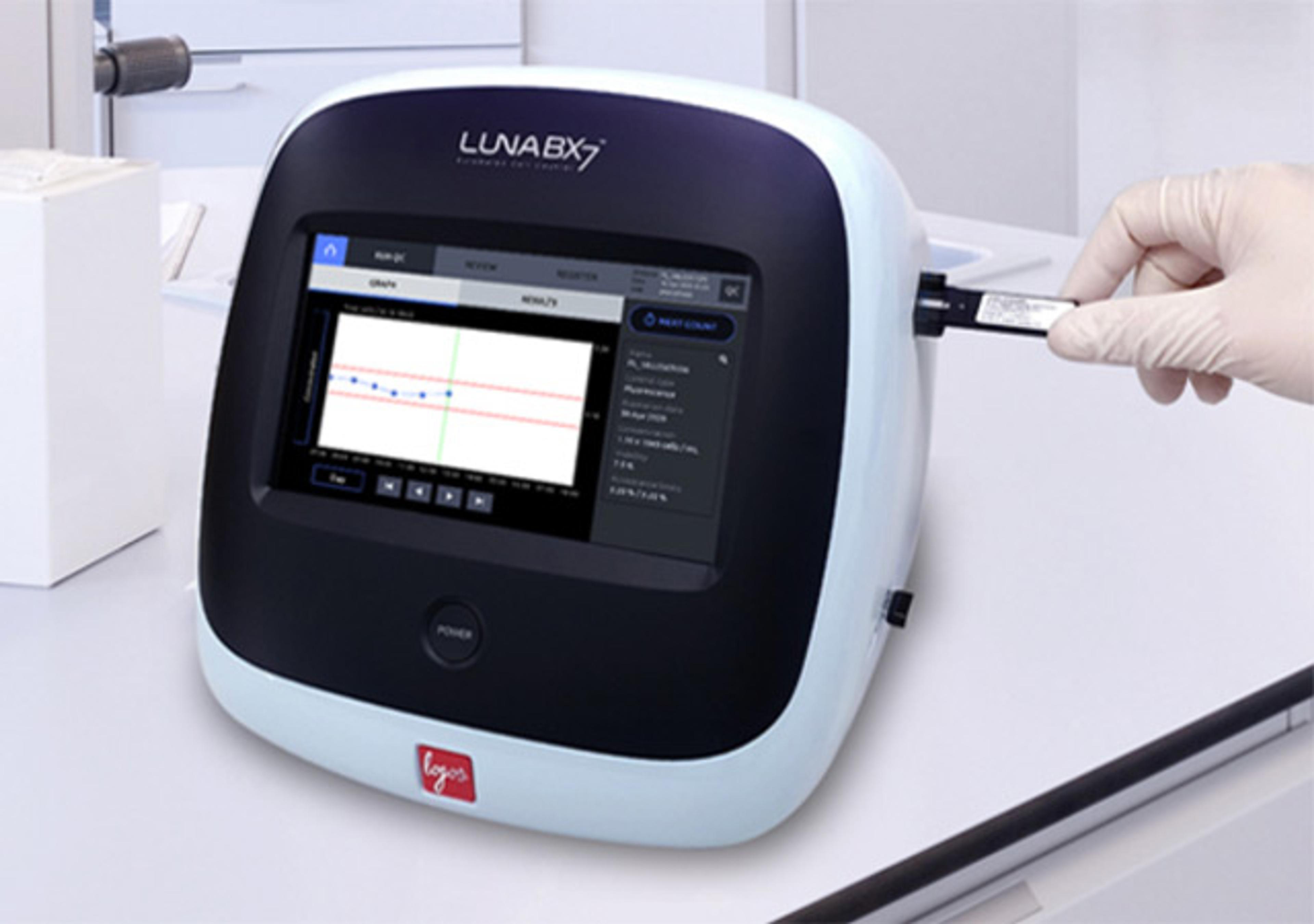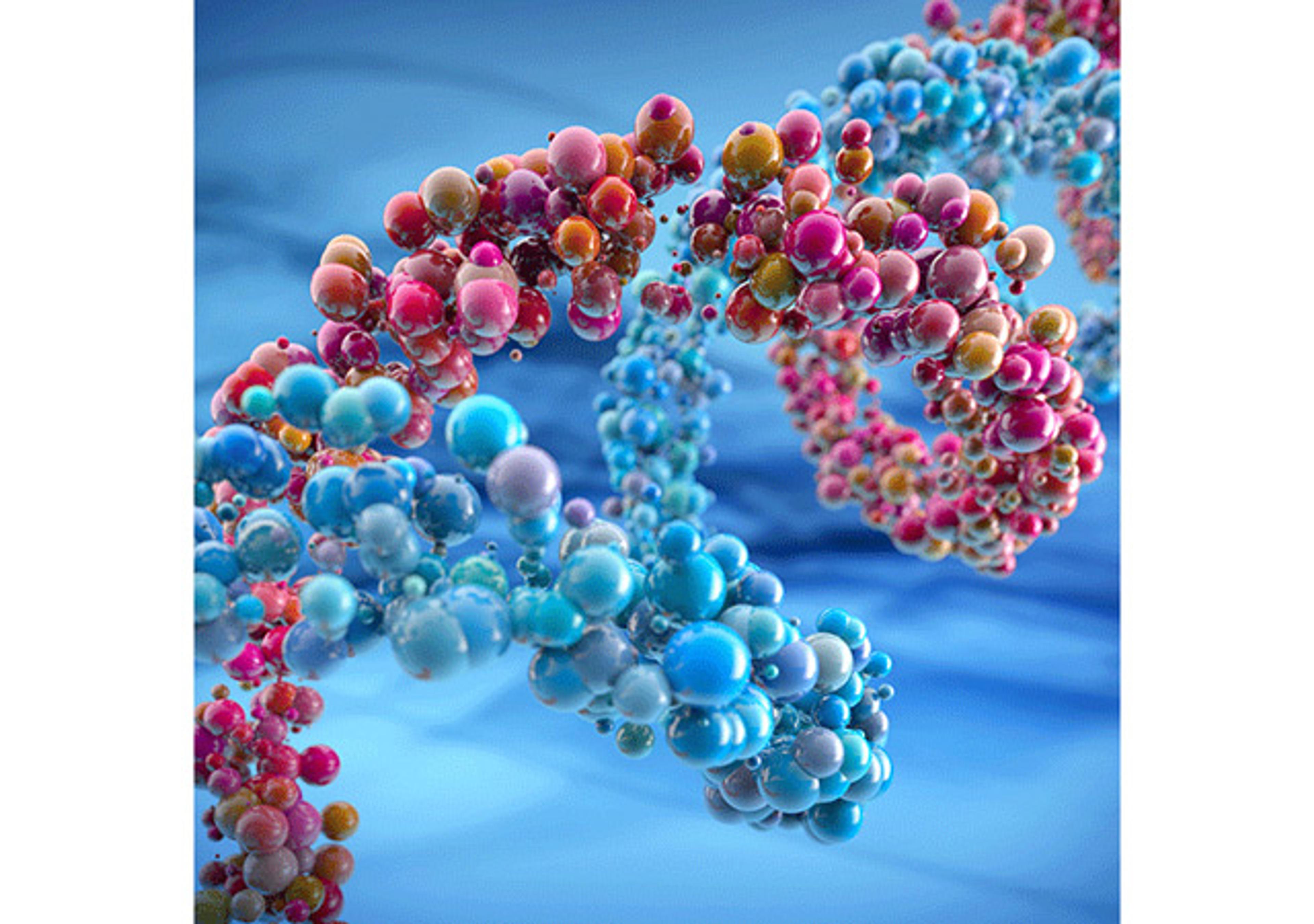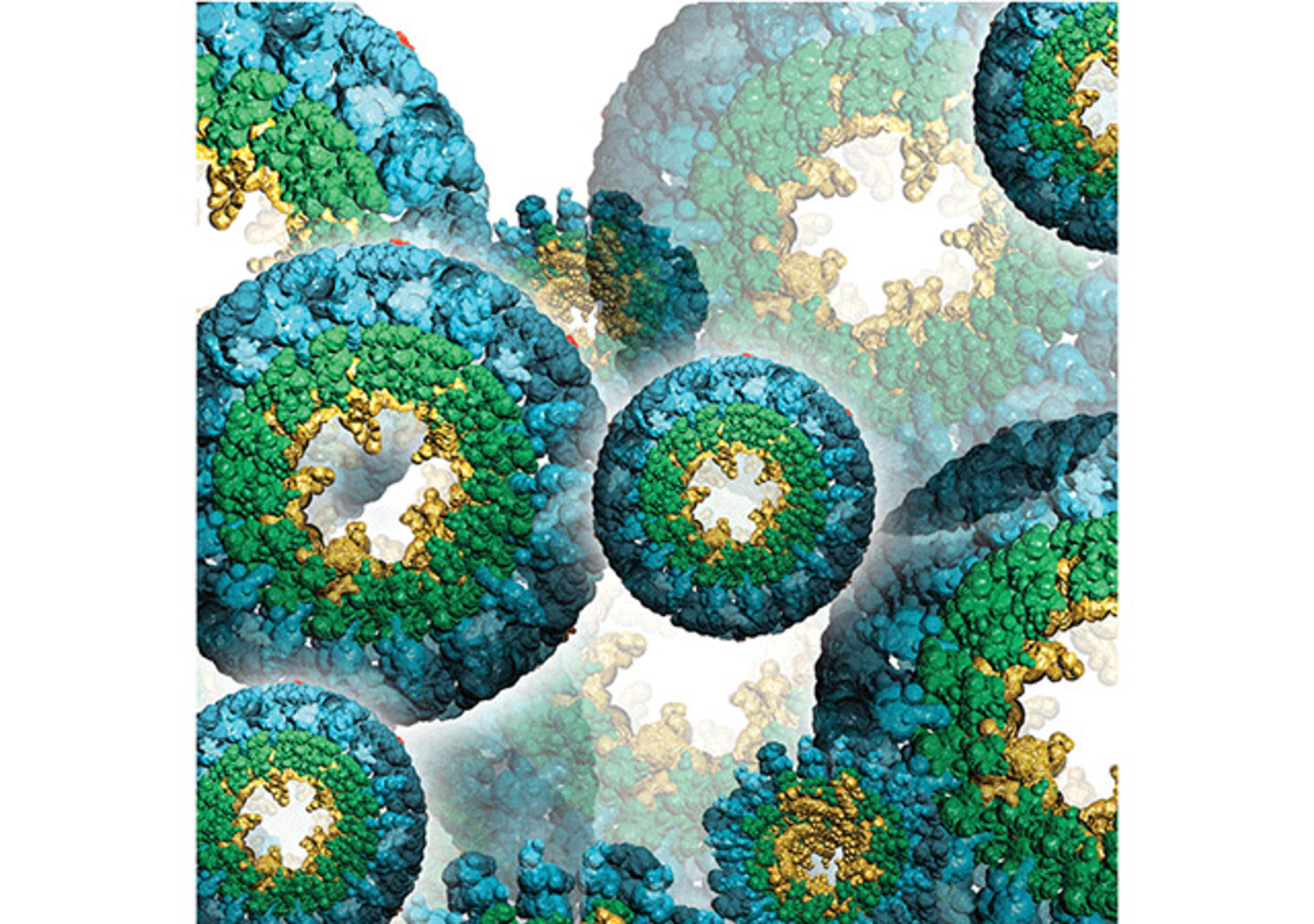Total RNA Isolation Reagent
The Thermo Scientific Total RNA Isolation Reagent (TRIR) is designed for the extraction of total RNA from a variety of sources. A biological sample is homogenised with the reagent using a glass-Teflon® homogeniser. After extraction with chloroform, the homogenate separates into two phases. RNA remains in the aqueous phase while DNA and proteins are extracted into the organic phase. The RNA is precipitated from the aqueous phas…

The supplier does not provide quotations for this product through SelectScience. You can search for similar products in our Product Directory.
RNA extraction made easy
RNA extraction
RNA isolation was made easy! Instructions were very intuitive and doesn't even need a lot of modifications for different tissue samples.
Review Date: 13 Jul 2022 | Thermo Fisher Scientific
Obtained great results in my research.
Transcriptome
Easy steps to isolate the total RNA from samples. Good quality and integrity of RNSs.
Review Date: 25 Dec 2021 | Thermo Fisher Scientific
Great results with less or no contaminants.
Analyze gene expression in virus infected cells
RNA isolation kit is very effective with high yield, without contamination. Efficient to use immediately for RT-PCR.
Review Date: 27 Sept 2021 | Thermo Fisher Scientific
Perfect, worked well, as good if not better than competitors.
Extract RNA
We used to extract RNA to make cDNA and found the reagent to be great. Easy to use and worked well. I recommend!
Review Date: 18 Jun 2021 | Thermo Fisher Scientific
For isolation of RNA from substrate induced bacterial cells
It's really a wonderful product, very easy to use and gives high output. It makes my work easier, less time consuming and very efficient.
Review Date: 8 Jun 2015 | Thermo Fisher Scientific
The Thermo Scientific Total RNA Isolation Reagent (TRIR) is designed for the extraction of total RNA from a variety of sources.
A biological sample is homogenised with the reagent using a glass-Teflon® homogeniser. After extraction with chloroform, the homogenate separates into two phases. RNA remains in the aqueous phase while DNA and proteins are extracted into the organic phase. The RNA is precipitated from the aqueous phase by addition of isopropanol, washed with ethanol and dissolved in RNase-free water.
The simplicity of the isolation using this procedure makes it possible to process a large number of samples simultaneously. The excellent recovery rate makes it ideal for the extraction of RNA from very small biological samples (biopsies, etc.).
Features
• Extraction from most sample types
• Consistent and reproducible
• No degradation of RNA
• Free of DNA and protein contamination
• Total RNA in < 1 hour



